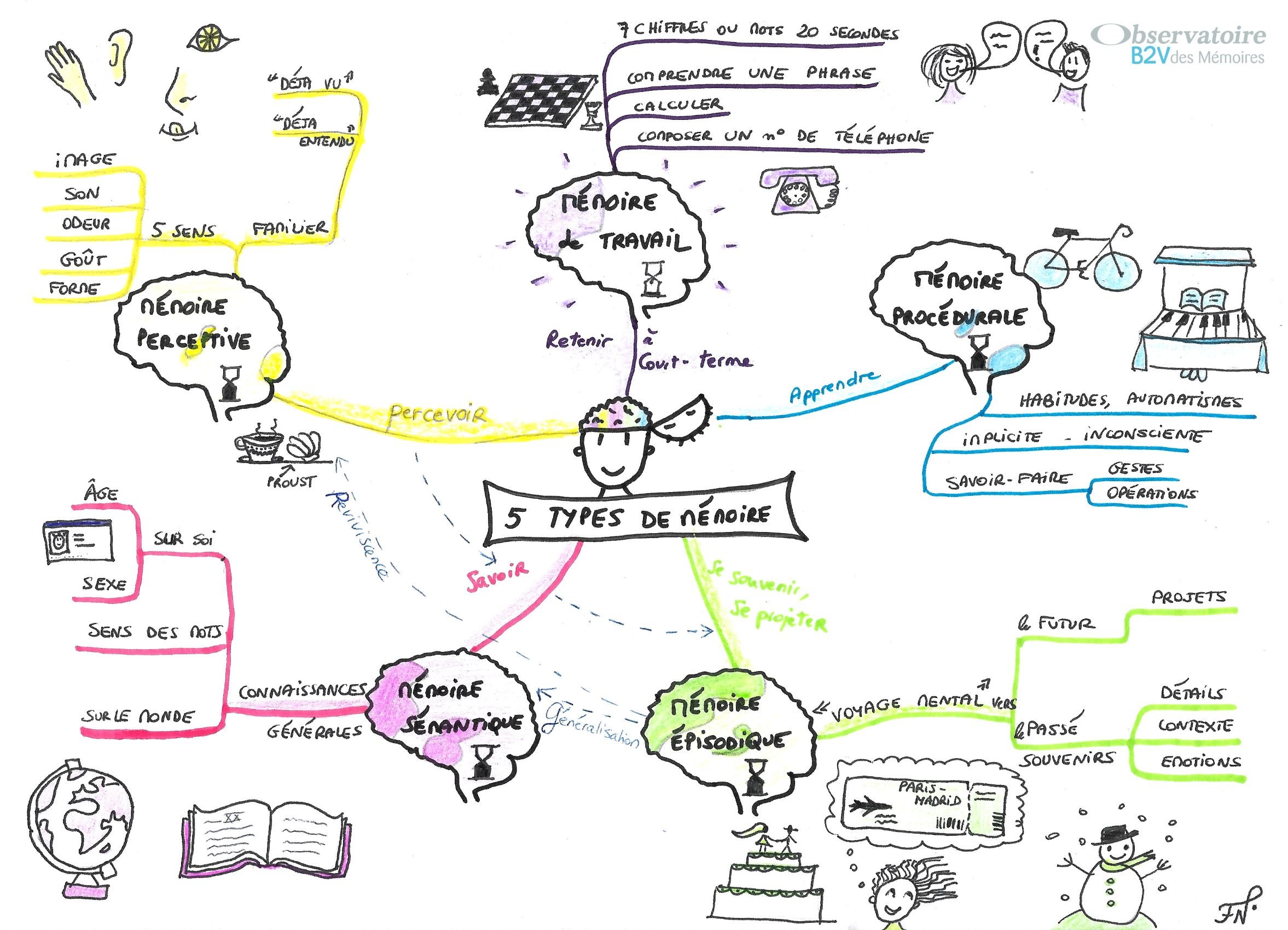
World Alzheimer’s Day 2022

September 21, 2022
Alzheimer’s disease is a major global healthcare challenge. The number of people living with Alzheimer’s disease or other forms of dementia is currently estimated at over 55 million worldwide, and this number is expected to reach 78 million by 2030. The prevalence of dementia is estimated at around 10 million across all European countries, and is expected to almost double by 2050. In France, 2.2 million people may be affected by the disease by 2050.
Associations and foundations around the world, including Alzheimer’s disease international, the UK Alzheimer’s society, and the French Fondation Vaincre Alzheimer and the France Alzheimer association, organize events every year to raise awareness about the disease, and fight prejudice against those living with Alzheimer’s by highlighting the preserved abilities of those affected by the disease and encouraging the general public to see the disease in a new light.
This year, World Alzheimer’s Day is on September 21, 2022. As part of the theme, “Know dementia, Know Alzheimer’s”, we invite you to take another look at the impact of this neurodegenerative disease on the different types of memory: not all types of memory are affected in the same way by the disease, and some memories are relatively well preserved.
Impact of Alzheimer’s disease on the different types of memory
- The most notable first signs of memory problems in Alzheimer’s disease concern episodic memory, which is involved in the recall of personal events. People with this type of memory deficit often struggle to remember what they did the day before, or recent significant events.
- Deficits in semantic memory, which result in problems remembering general information, are perhaps less noticeable than other types of memory loss but probably appear at the same time, or even before other memory problems. This type of memory deficit can result in individuals finding it increasing difficult to find words, and recall the names of people, objects and places.
- Alzheimer’s disease also leads to working memory disorders, which makes it difficult to retain short-term information, such as telephone numbers.
- On the other hand, procedural memory, which is involved in the performance of gestures and skills that do not require direct conscious awareness, such as knowing how to play the piano or ride a bike, remains preserved for a relatively long time during the disease course.
- Finally, sensory memory is the form of memory that best resists Alzheimer’s disease and can be used in sensory stimulation workshops.
More information on the types of memory can be found in this sketchnote made for the French social action organization “Observatoire des mémoires du Groupe B2V”.
The expertise of Santé Active Edition – Synergy Pharm
Neurology is one of the areas of expertise of our medical writing team.
You may also be interested in other projects we have carried out on this theme for the “Observatoire des mémoires du Groupe B2V”:
- An interview with Dr Maï Panchal on the prospects for the treatment of Alzheimer’s disease: https://www.observatoireb2vdesmemoires.fr/publications/maladie-dalzheimer-quelles-perspectives-de-traitement
- A sketchnote on the need to take care of the cerebral and cognitive reserve in order to delay the appearance of the first symptoms of neurodegenerative diseases: https://www.observatoireb2vdesmemoires.fr/comprendre/la-reserve-cerebrale-et-cognitive
To learn more:
Further information about the types of memory affected in Alzheimer’s disease can be found at:
- https://www.francealzheimer.org/memoire-long-terme-court-terme/
- https://www.alzheimers.org.uk/get-support/staying-independent/understanding-types-memory
For information on the disease, its impact on daily life, and the latest World Alzheimer Report, you can download the open-access resources available from websites of Alzheimer’s Disease International and the Vaincre Alzheimer Foundation:
Information about ongoing research projects and recent research advances can be found on the websites of Alzheimer Europe and the Fondation Recherche Alzheimer:
- https://www.alzheimer-europe.org/research
- https://alzheimer-recherche.org/savoir-plus-avancees-de-recherche/
Resources related to diseases related to Alzheimer’s (Lewy body disease, frontotemporal dementia etc.) can be found at https://entretiensalzheimer.org/index.php/digitalz/ and https://www.alzheimers.org.uk/about-dementia/types-dementia